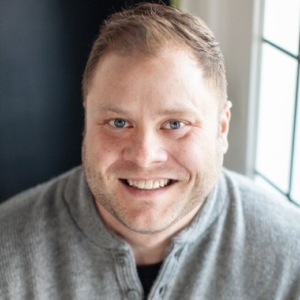A new approach to clinical AI, powered by Aidoc’s CARE™.
- Solutions Solutions
Explore how Aidoc’s clinical AI solutions can increase hospital efficiency, show proven return on investment, and help enable better outcomes.
Learn morePrioritize findings and activate care teams in streamlined workflows
Consistently measure disease and capture incidental findings
Setting the standard for neuro care with real time notification
Streamline workflows and centralize patient management
- Platform Platform
Discover how Aidoc’s AI platform offers seamless end-to-end integration into a facility’s existing IT infrastructure enabling implementation of AI at scale.
Learn moreaiOSTMAidoc’s proprietary enterprise platform
Care CoordinationConnect the right users across workflows
Patient ManagementEnsure patients are identified, captured and followed
Systems IntegrationsCustom configuration with minimal IT lift
PartnersVetted third-party algorithm developers and OEMs
- Healthcare AI Healthcare AI
Information and resources about AI transformation rooted in real-world experiences.
Learn MoreGo beyond algorithms to build a scalable AI strategy.
A framework to integrate AI into clinical practice.
- Learn
- Company Company
Learn more about Aidoc’s approach, mission and leadership team that is revolutionizing healthcare with AI.
Learn more - Book a Demo
- Search
- Solutions Solutions
Explore how Aidoc’s clinical AI solutions can increase hospital efficiency, show proven return on investment, and help enable better outcomes.
Learn morePrioritize findings and activate care teams in streamlined workflows
Consistently measure disease and capture incidental findings
Setting the standard for neuro care with real time notification
Streamline workflows and centralize patient management
- Platform Platform
Discover how Aidoc’s AI platform offers seamless end-to-end integration into a facility’s existing IT infrastructure enabling implementation of AI at scale.
Learn moreaiOSTMAidoc’s proprietary enterprise platform
Care CoordinationConnect the right users across workflows
Patient ManagementEnsure patients are identified, captured and followed
Systems IntegrationsCustom configuration with minimal IT lift
PartnersVetted third-party algorithm developers and OEMs
- Healthcare AI Healthcare AI
Information and resources about AI transformation rooted in real-world experiences.
Learn MoreGo beyond algorithms to build a scalable AI strategy.
A framework to integrate AI into clinical practice.
A new approach to clinical AI, powered by Aidoc’s CARE™.
- Learn
- Company Company
Learn more about Aidoc’s approach, mission and leadership team that is revolutionizing healthcare with AI.
Learn more - Book a Demo
- Search





